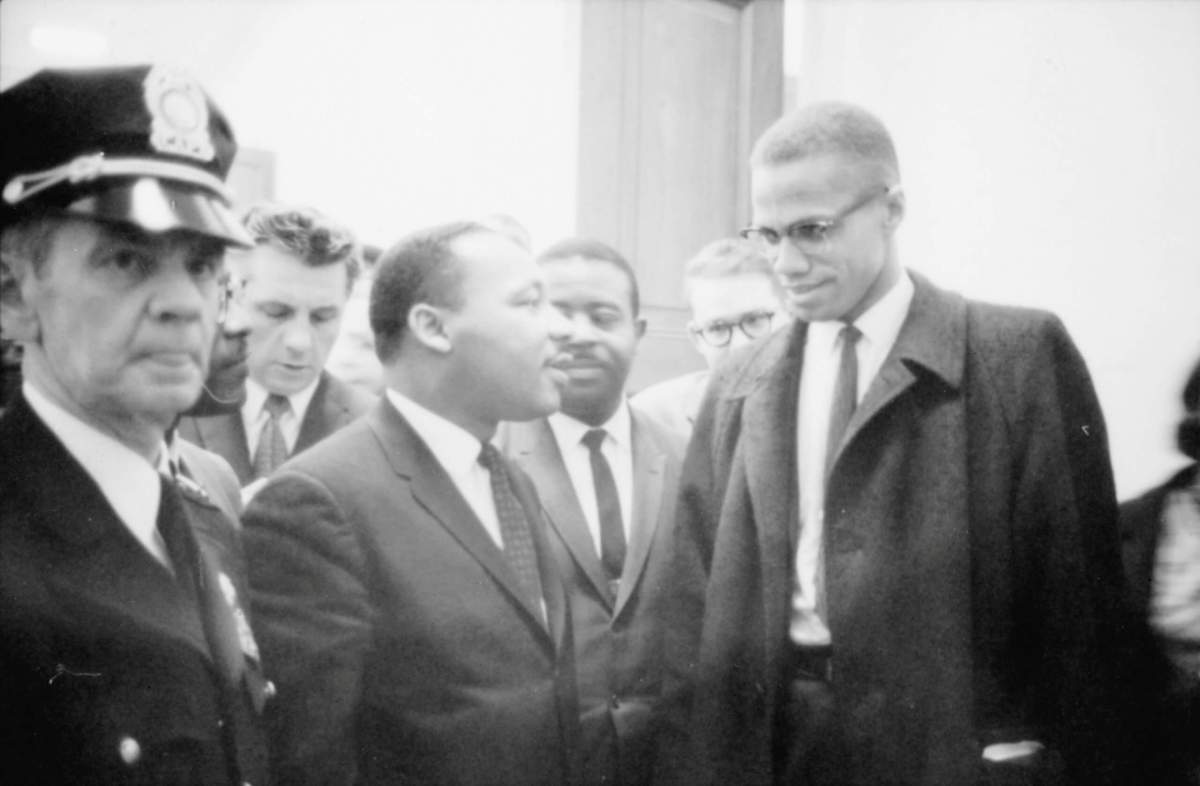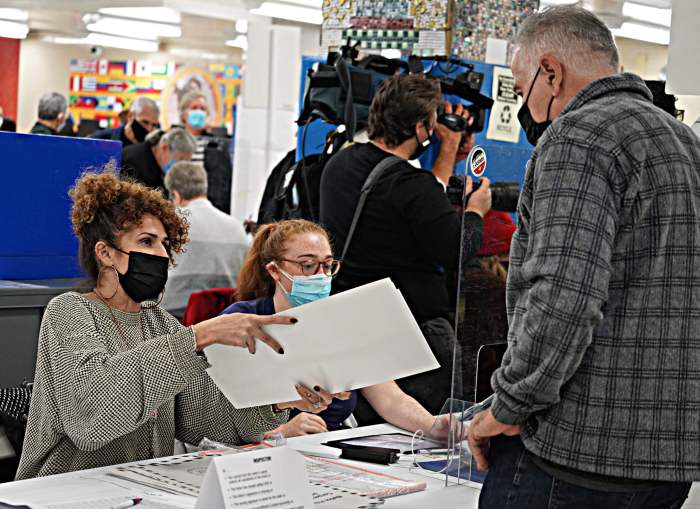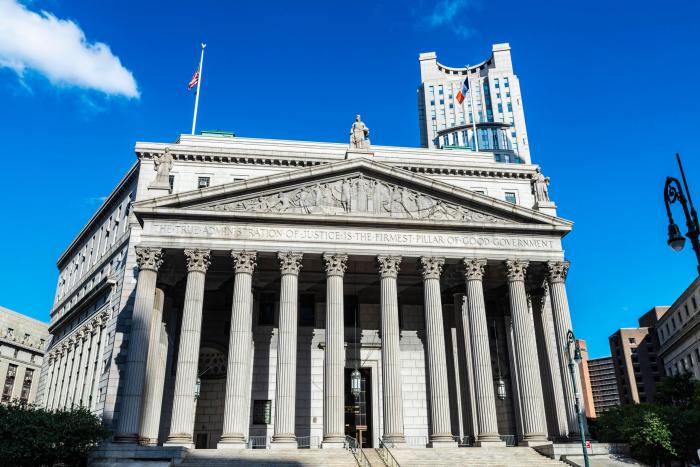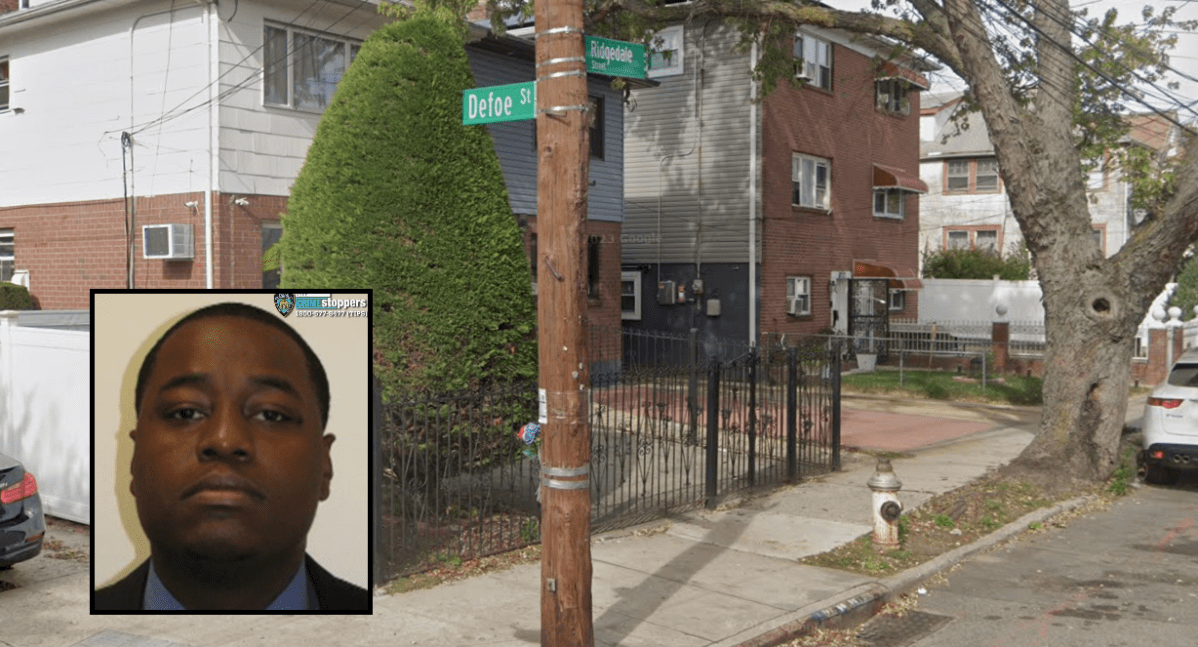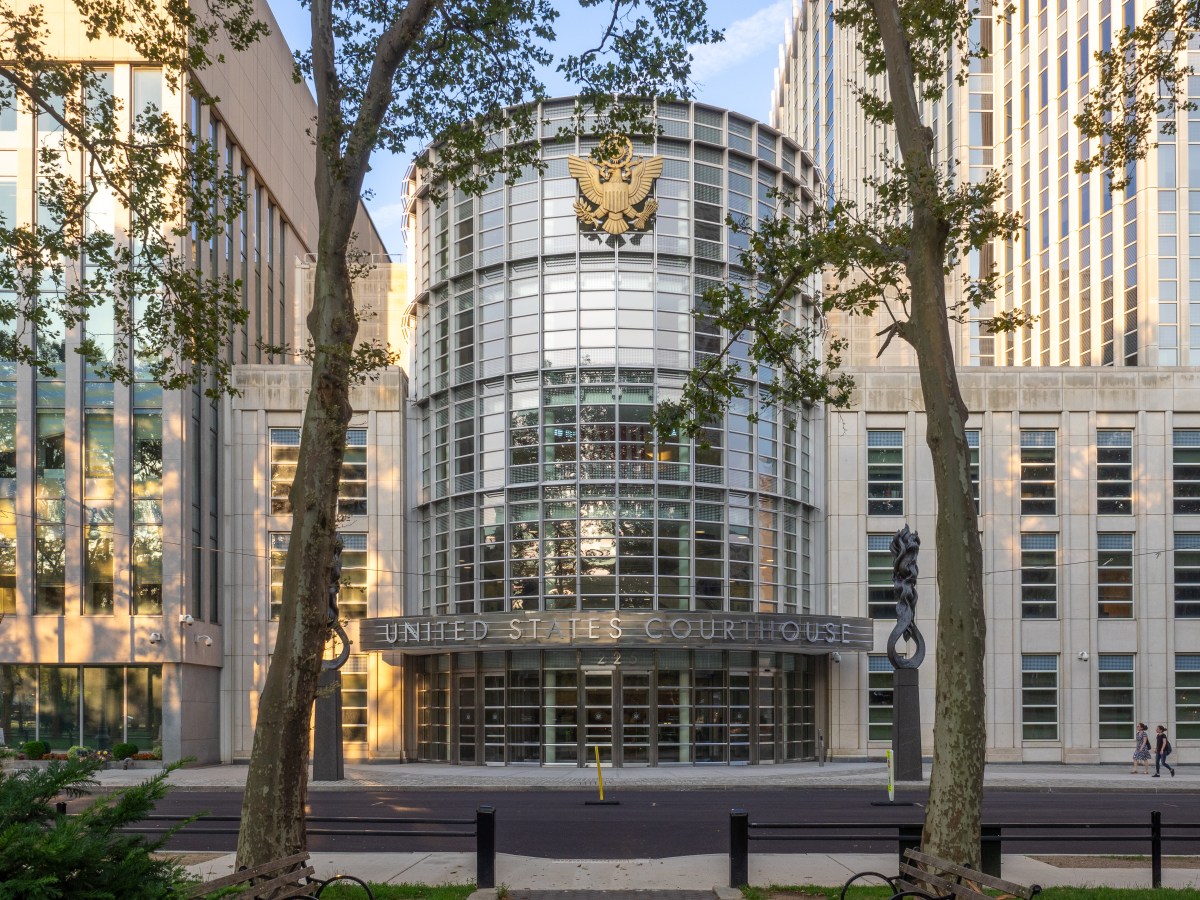For decades, two of the men convicted of assassinating civil rights activist Malcolm X in 1965 had maintained their innocence; on Thursday, they stand to finally have their names cleared.
Manhattan District Attorney Cy Vance Jr. announced Wednesday that his office would appear in New York Supreme Court on Nov. 18 to move that the court vacate the 1966 convictions of Muhammad A. Aziz (aka Norman 3X Butler) and Khalil Islam (aka Thomas 15X Johnson) in connection with the murder of Malcolm X at the Audubon Ballroom in Harlem on Feb. 21, 1965. Both men had spent 20 years behind bars for a crime that, lawyers and advocates representing them said, they never committed.
The motion marks the culmination of a years-long investigation that Vance’s office conducted with famed civil rights attorney David Shanies and the Innocence Project, a nonprofit group that seeks to clear the names of those wrongfully convicted of committing crimes across America.
In a New York Times interview, Vance said that those handling the investigation and prosecution of Aziz and Islam made numerous, severe errors along the way.
“This points to the truth that law enforcement over history has often failed to live up to its responsibilities,” Vance told the Times. “These men did not get the justice that they deserved.”
Malcolm X, who led the Nation of Islam and was an outspoken proponent of equality during the Civil Rights Movement, was set to speak at the Audubon Ballroom to a gathering of hundreds on the afternoon of Feb. 21, 1965 when shots rang out. The civil rights leader was struck down by three men carrying a sawed-off shotgun and semi-automatic weapons.
One of the trio, Thomas Hagan, a former Nation of Islam member, was attacked by the crowd and arrested at the scene. Aziz and Islam were identified by witnesses as his accomplices, though they maintained they had nothing to do with the plot. Hagan did not identify his accomplices, though he testified at trial that they were not Aziz and Islam.
Nevertheless, Aziz and Islam were convicted as accessories in 1966 and sentenced to life in prison. A decade later, Hagan signed an affidavit identifying four co-conspirators, but that wasn’t enough to convince prosecutors to reconsider Aziz’s and Islam’s convictions. Eventually, both men were paroled in the 1980s.
While Aziz, now 80, has lived to see the day of his exoneration, Islam did not; he professed his innocence till the day of his death in 2009.



